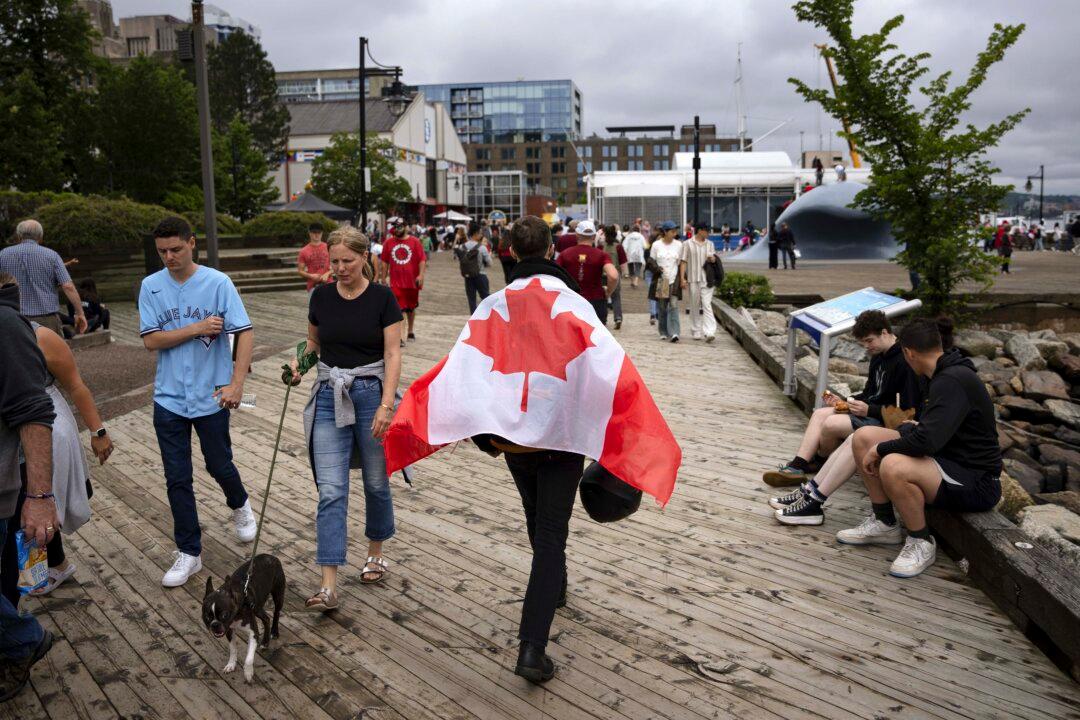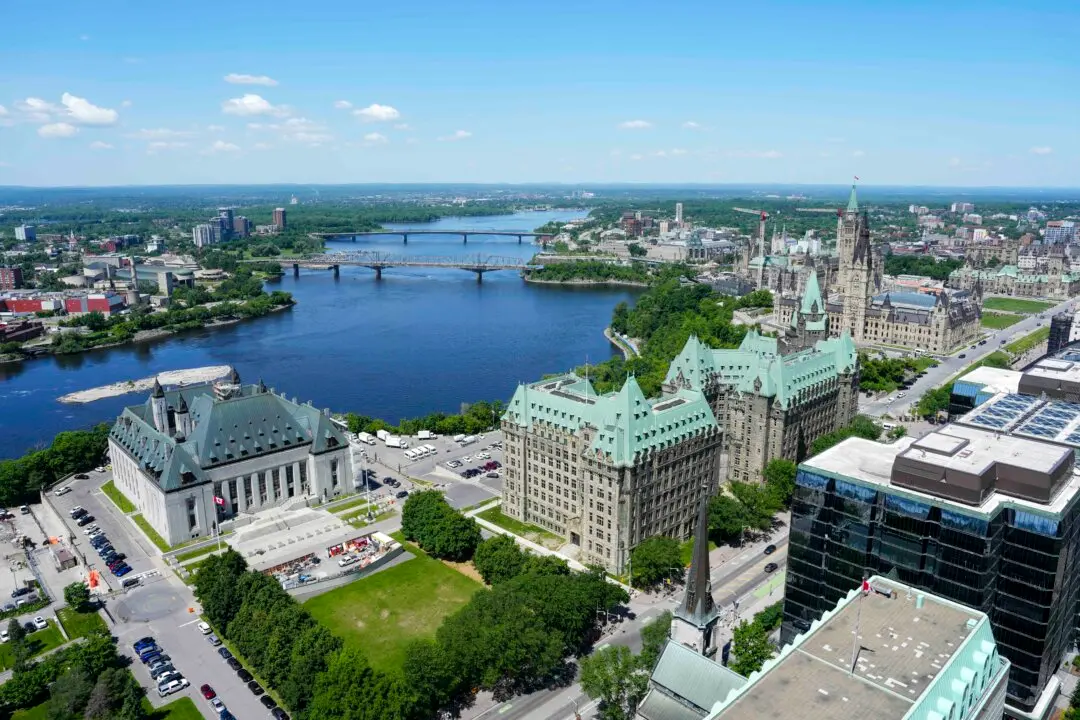Commentary
Whether President-elect Donald Trump’s campaign for Canada to join the United States is a negotiation strategy, a passing fancy, or reflects a genuine belief, it has provoked a defiant and fiery “Never!” from Canadian politicians and public figures across the spectrum.





